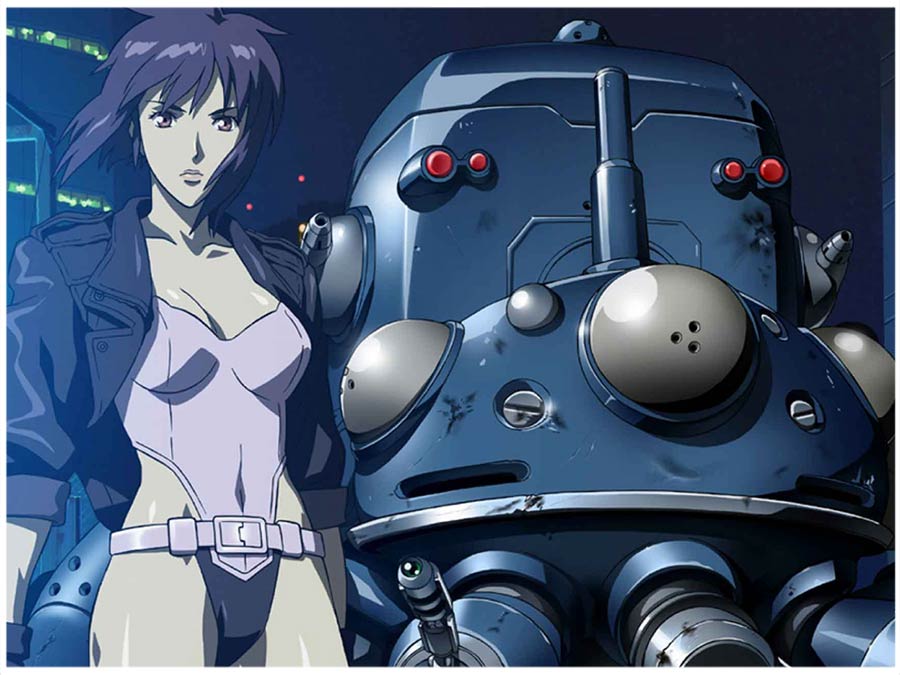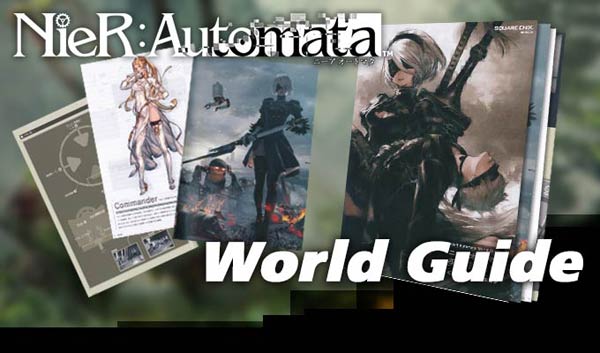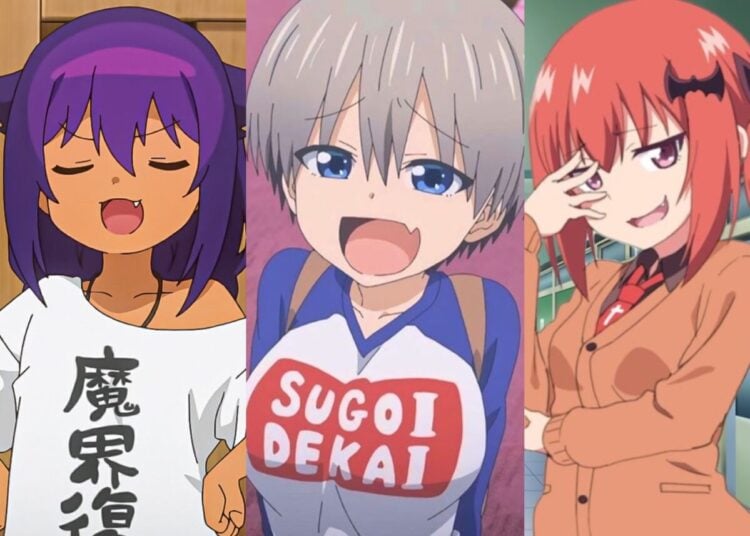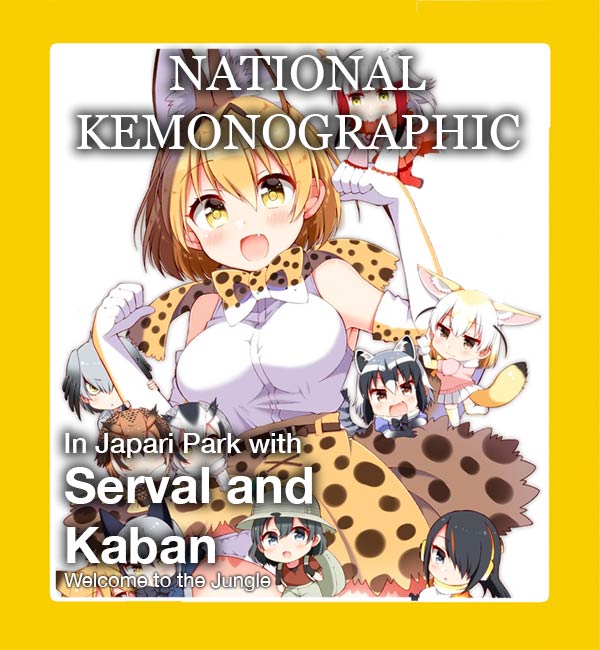I recently re-watched the original Ghost in the Shell, the groundbreaking 1995 anime film that set the bar on telling Cyberpunk stories so high, it largely killed the genre, since who could tell a Cyberpunk story this good? (Unless it was the two Ghost in the Shell: Stand Alone Complex series that followed.) It had been a while since I’d seen the original film, the last time being on VHS, so watching it in full HD was a treat, with many visual details I hadn’t appreciated 20 years ago. GitS is essentially the “Akira” of the 1990s, the film so bold in its quality and execution that its influence was felt for years, directly inspiring The Matrix and “bullet time” and emphasizing Japan’s leadership in the field of animation. With the coming Hollywood live action version of this film, there’s been a lot of discussion about the casting of Scarlett Johansson in the role of Major Kusanagi, though Japanese fans were nothing but positive about having such a famous actress in the role. Ghost in the Shell is based on a manga by Shirow Masamune: see all his artbooks in stock!
Language reflects the society that creates it, and there are many interesting words that give us insight into Japan. I consider myself quite a unique individual, and if you said I was normal, the same as everyone else, I might be mildly insulted. But to many Japanese, being thought of the same as everyone else — embodied in the Japanese word 普通 futsuu, meaning “normal” or “usual” — is generally considered a good thing. When I was in college, I strove to be as different from everyone else as I could be, reading manga and blasting JPOP music in my car, but I had a Japanese girlfriend who got downright upset when I told her she was “a little different” from other Japanese I’d met. In Japanese this concept is expressed either with 変わっている kawatteiru, a soft word implying “odd” or “different,” or the stronger word 変 hen, meaning “strange.” (Yes, that’s the hen in hentai.) My wife is the same: all she wants, she says, is to be thought of as a normal garden-variety Japanese woman, despite the fact that married a gaijin who was willing to throw away his ESL career and start an anime business when the Internet came knocking. In anime, it’s common for anime characters to be obsessed with wanting to be seen as normal, usual, the same as everyone else, and it can be extremely cute.
A treat for fans of our artbooks today: the first Nier: Automata artbook, which we just got in stock today. Stock will be limited, so get your orders in soon so we can know how many to order.

















